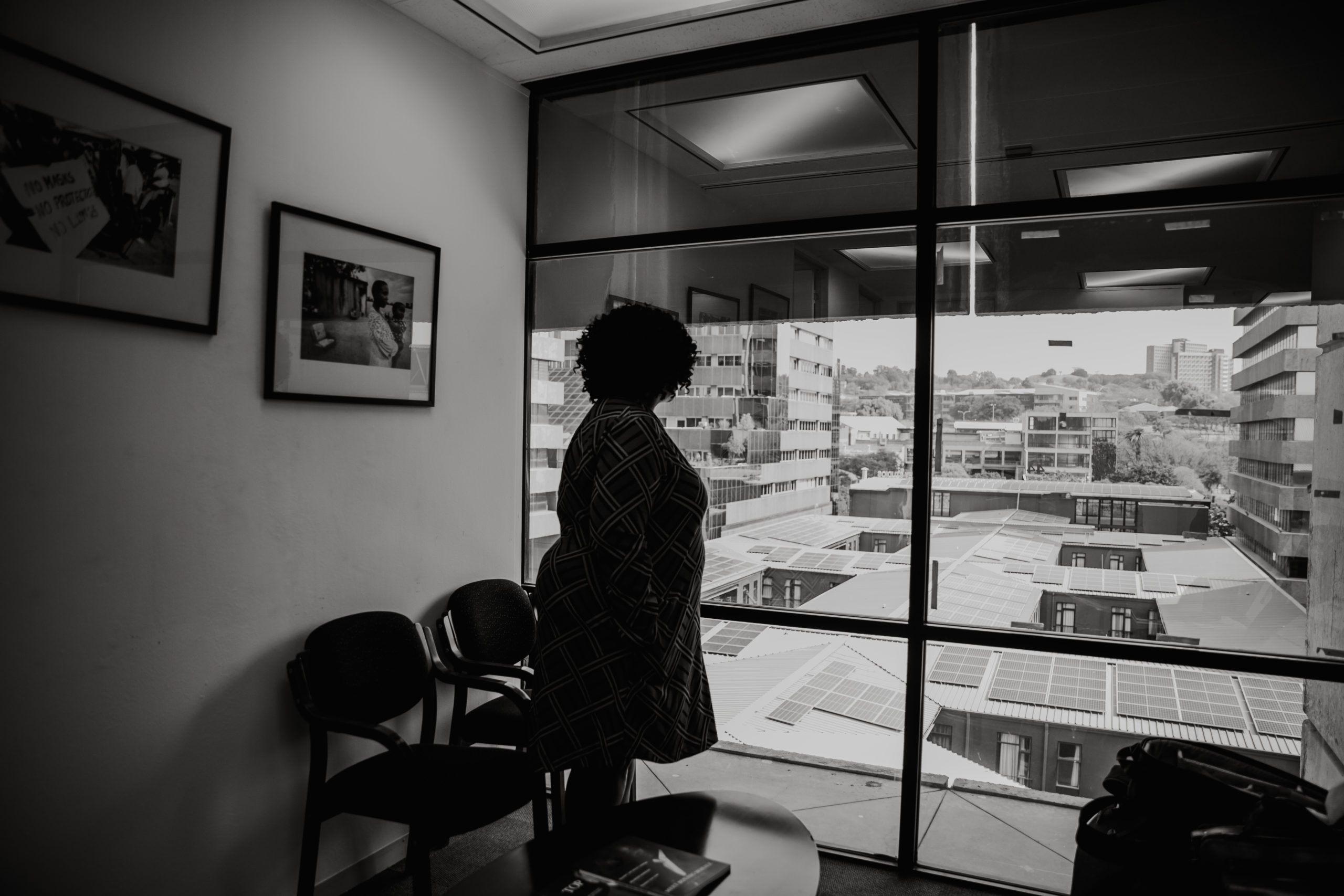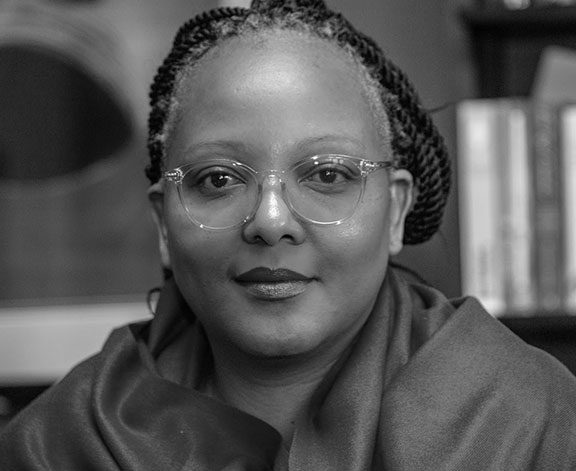About the Class Action
ABOUT THE CLASS ACTION SUIT
Legal Proceedings
South African Attorneys, Mbuyisa Moleele Attorneys ('MM'), in collaboration with UK-based human rights lawyers Leigh Day, have filed a lead poisoning class action lawsuit against Anglo American South Africa Limited ('AASA') on behalf of a class of an estimated 140,000 Zambian children and women of childbearing age.
The claim arises from environmental contamination of villages in close proximity to the 'Mine' (formerly known as Broken Hill), in the District of Kabwe, Zambia.
Medical studies conducted over the past 54 years have consistently shown massive levels of lead in a significant proportion of young children in Kabwe. Generations of children have been affected. The Mine operated between 1906 and 1994 and is alleged to have been subject to management and technical advice on medical and environmental matters from AASA from 1925 until 1974.
AASA is a South African wholly-owned subsidiary of London-headquartered multinational mining company Anglo American PLC and holds all the South African assets of the Group.
The class action seeks compensation for lead poisoning of these children and for women under 50 who have been poisoned and who have, or may become pregnant, in the future. The cost of remediation of homes and of future blood lead screening is also claimed.
The application is brought by 12 representative Claimants on behalf of:
- Children (under 18) who live in Kabwe District who have suffered injury from lead exposure; and
- Women who have lived in Kabwe District and have suffered injury from lead exposure that significantly increases adverse health risks during pregnancy to themselves and their unborn children.
In January 2023, an application for certification of the class action was heard over 10 days. A class action in South Africa is the only realistic and feasible means for the claimants to obtain access to justice. In December 2023 the Court dismissed the application. The Claimants consider the judgment to be fundamentally flawed and have filed an application for leave to appeal. This application is due to be heard on 19 April 2024.
By taking legal action in South Africa, the victims will benefit from South African class action procedure as well as, attorneys and counsel experienced in running complex class action litigation against multinationals.
ABOUT THE CLASS ACTION
Allegations of Responsibility
The Mine was within the Anglo American Group from 1925 until 1974, during which time it was one of the most productive mines in the region. The Claimants allege that AASA is liable because it played a key role in controlling, managing, supervising and advising on technical, medical and safety aspects of the operations of the Mine, deficiencies in which resulted in heavy contamination of the local environment with lead. This then poisoned the local community over a period of decades and several generations.
They further allege that AASA was negligent in that it failed to ensure that any or any adequate steps to minimise the risk of harm to the community were taken.
Anglo American was made aware of the risks caused by lead poisoning to the local community at the time of its involvement in the Mine:
1969-1970
Dr Lawrence, a doctor at the Mine, conducted an investigation into lead poisoning in Kabwe. He tested 500 local children and found that virtually all of their blood lead levels (BLLs') exceeded 40 µg/dL and many exceeded 100 µg/dL, putting children at risk of death. Dr Lawrence’s witness statement is available to read in the court filings section.
As a result of Dr Lawrence’s findings a report was commissioned from an eminent industrial health expert, Professor Ronald Lane (Manchester University). The report recommended that the whole township be moved. However, Mr Trevor Lee-Jones, the Zambian Broken Hill Development Corporation (‘ZBHDC’) General Manager at the time, rebuffed the proposal, saying that it “would be far too expensive”.
1972
Another mine doctor, Dr Nicklin, wrote a letter to the British Medical Journal noting his alarm at the deaths of five children living close to the Kabwe smelter from high blood lead levels.
1974-1975
In 1975, Dr A.R.L Clark, a doctor at the Mine, surveyed the BLLs of children in Kabwe between 1971 and 1974. He found that the soil and air in Kabwe was already heavily contaminated before 1975, and that the BLLs of residents of the worst-affected areas of the town reflected this. The thesis proved that atmospheric lead emissions from the mine before 1975 were the primary source of lead pollution and that the elevated levels of lead pollution in these communities correlated with dangerously high BLLs.
According to the Claimants’ engineering and environmental experts, key factors in the high level of environmental contamination were: wholly inadequate systems for controlling lead emissions from the smelter and mine; huge levels of production in very close proximity to villages; villages downwind of the Mine and the very low stack height of the smelter resulting in emissions swirling around the dry and barren Kabwe District.
According to the Claimants’ experts approximately two thirds of the Mine’s total lead production was produced during the period when it was an Anglo American mine (1925-1974) and a corresponding proportion of the lead pollution present in the environment of Kabwe District today was caused during this time.
Environmental lead contamination in Kabwe continues to be devastate the local community.
Anglo American’s current Group Human Rights Policy states that:
“Where we have caused or contributed to adverse human rights impacts we will contribute to their remediation as appropriate.”
In an October 2020 speech, Mark Cutifani, former Chief Executive of Anglo American stated:
“We are acutely aware of the deep and lasting effects of our history as an industry. I would even go as far as arguing that we are one of the very few industries that has had to reckon with the legacies of our past in a real and progressive way. While our progress is encouraging, we are still not where we need to be”
To date, AASA does not appear to have done anything to ensure or facilitate clean-up of the lead contamination.
ABOUT THE CLASS ACTION
Who else is involved in the litigation?
At the certification hearing in January 2023, various UN agencies and human rights groups intervened as Amici Curiae, arguing that the class action should be allowed to proceed to ensure that the Kabwe victims were given access to justice.
The interveners included:
- Amnesty International;
- UN Special Rapporteurs on toxics and human rights, extreme poverty and human rights; i.e. rights of persons with disabilities;
- The UN Working Groups on business and human rights and discrimination against women and girls.
They argued that by opposing the class action Anglo American is acting contrary to the United Nations Guiding Principles on Business and Human Rights, which Anglo American has publicly endorsed and to which it refers in its own Group Human Rights Policy. This same policy also contains a commitment by Anglo American to contribute to remediation as appropriate, where Anglo American has caused or contributed to adverse human rights impact.
The Claimants have submitted expert reports from a range of eminent experts including Professors Bruce Lanphear, David Bellinger and Paul Dargan. AASA has produced evidence by a wide range of experts including Drs Barbara Beck and William Banner.
All of the various expert reports and the Amici Curiae legal submissions are available at the court filings page.
The Claimants are also supported by a range of Non-Governmental Organisations including;
About Mbuyisa Moleele
Mbuyisa Moleele Attorneys is a 100% black owned law firm with a collective knowledge and experience of 20 years in various fields of law including public interest law, civil litigation and family law.
The firm prides itself in providing sound legal advice and practical legal solutions to clients within its areas of specialisation.
Zanele Mbuyisa, director and co-founder of the firm, has 22 years of experience in practice. She has been involved in several large and high profile cases against multinationals in South Africa.
She and Richard Meeran worked together on the Cape Plc case 20 years ago and on the silicosis litigation in the South African courts from 2003 to 2016. Including on the cases of Chakalane & Ors v Anglo American and Qubeka & Ors v Anglo Gold brought by 4,385 former gold miners or relatives of deceased gold miners who contracted silicosis during their employment on mines operated by Anglo American South Africa and Anglo Gold Ashanti in South Africa in which Zanele was the claimants’ attorney.

About Leigh Day
Leigh Day is a British human rights law firm that works for individuals and communities whose rights have been abused. Their international human rights and environmental specialists represent people all over the world fighting for justice and challenging powerful corporate and government interests.
Leigh Day has a long and successful history running class actions against multinationals for claimants in developing countries and, in particular, for individuals on the African Continent. It has been successful in cases against:
- Thor Chemicals on behalf South African workers poisoned by mercury at a factory in KwaZulu-Natal, which was settled in 1997 and 2000 (South Africa);
- Cape plc for 7,500 South African asbestos miners, which settled in 2003 (South Africa);
- AASA, working first as consultants to the Legal Resources Centre and then to MM in claims in South Africa by 4,385 former gold miners or relatives of deceased gold miners who contracted silicosis during their employment on mines operated by Anglo American South Africa and Anglo Gold Ashanti in South Africa (South Africa);
- African Barrick Gold and its subsidiary, North Mara Gold Mine Limited, on behalf of 13 Tanzanians in relation to injuries and fatalities at the North Mara mine in Tanzania;
- Shell in a claim by 15,000 Nigerian fishermen for loss of livelihoods arising from oil pollution (Nigeria);
- Trafigura on behalf of 30,000 residents of Cote D’Ivoire arising from the dumping of toxic waste (Cote D’Ivoire);
- Gemfields Limited for 273 Mozambicans in relation to serious human rights abuses at or around the Montepuez ruby mine in northern Mozambique (Mozambique);
- Camellia Plc - Kakuzi Plc on behalf of 85 victims of unlawful violence and allegations of serious human rights abuses against local residents (Kenya); and
- Konkola Copper Mines and its parent company Vedanta Resources Plc on behalf of 1826 Zambian villagers in a claim alleging damage to land and health as a result of toxic effluent discharge from the Nchanga Copper Mine (Zambia).
Richard Meeran, a Partner and Head of International at Leigh Day, has been a partner at the firm since 1991. He has pioneered claims against multinationals, making them accountable for their exploitation of workers and harm to local communities and environment.





